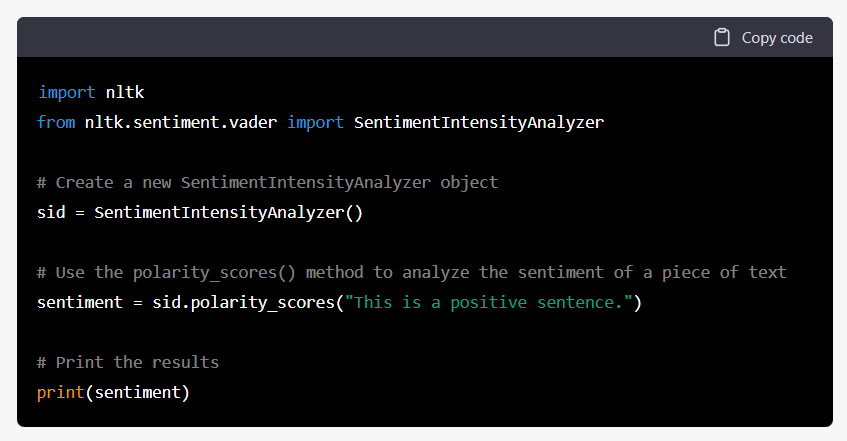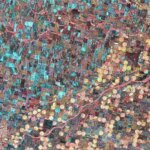Number crunching smarts: data analysis careers and ideas

|
Getting your Trinity Audio player ready...
|
How does your brain work? Do you enjoy solving puzzles and uncovering hidden gems of information in a mountain of data? Does the idea of turning lists of numbers into engaging visualizations appeal to your creative side? If this sounds like your idea of fun, then you might want to investigate data analysis careers.
Businesses are not lacking data, but they are always looking for talented employees that can make sense of large volumes of information. And readily available and free-to-download tools, such as the statistical computing package R and a host of Python libraries, make it possible to start exploring data today. The software might look unfamiliar, but new users can dip into a wealth of tutorials on YouTube, and other platforms, to build up their number-crunching smarts.
Read all about it
There are some great books out there too, including Wes McKinney’s ‘Python for Data Analysis: Data Wrangling with pandas, NumPy, and Jupyter’ – now on its third edition, published in September 2022. The 579-page title does a great job of pointing aspiring data scientists in the right direction and includes setup information as well as lots of code snippets to learn from.
Plus, Pandas – an open source data analysis tool that runs in Python – has a comprehensive user guide, as well as a community section on stack overflow. Stats on the landing page indicate that more than a quarter of a million questions have been posted, and visitors can find a treasure trove of answers to a diverse number of data-wrangling issues. The massive scale of the user engagement highlights the huge popularity of open source solutions for querying, manipulating, and charting data.
As you gather knowledge, it’s good to put your data science skills to the test to bolster learning. And there are data science competition sites such as kaggle – which badges itself as the world’s largest data science community – that may chime for those with a competitive side. They allow you to get hands-on with large data sets and gain experience in tuning machine-learning algorithms. The better the predictions of your model, the higher you’ll move up the leaderboard.
Portfolio power
Maybe you are already working in an information-rich sector, and in this case, you can apply your data visualization know-how to workplace-relevant scenarios – building up your data analysis careers portfolio as you go. Being able to spot patterns in data is a highly transferable skill, and experts can work across a wide range of industries. The financial services sector is an obvious choice, where skills could be deployed to spot market opportunities as well as to combat fraud. But expertise in navigating large data sets doesn’t have to be about chasing profit.
“Data science isn’t just for capitalists,” notes Martin Kemka, who leads the ‘Data for Good: Using Data Science in Nonprofits and NGOs’ course, hosted on Linkedin Learning. He has a valid point, and – according to the course notes – has a number of case studies to back up his claim, plus advice on determining the best problems to solve with data. Huge advances have been made in environmental monitoring by applying analytical know-how to massive amounts of satellite data. And it’s another interesting and rewarding area that could be worth exploring for anyone thinking about data analysis careers and ideas.
Detailed views now available from space – thanks to innovative CubeSats and a wave of public-spirited missions – can play a major role in demonstrating the progress being made by NGOs in their missions. Ideally, the news will be good. But even if things appear to be moving in the wrong direction, that evidence can be leveraged to highlight the cause. Data visualizations can send a strong message to donors that their help is urgently needed.

ChatGPT is surprisingly adept at generating code snippets, which could help overcome any data analysis learning roadblocks.
Upskilling on data science tools and techniques will certainly help to feed your curiosity and allow you to see the world in new ways. In principle, satellites orbiting the planet could help to hold companies and governments to account. If you can get your hands on the data and have the analytical expertise to tease out the important messages, then you could be of great help to numerous causes.
If any of this appeals, then the internet is your friend. There are some fabulous resources available online to help you step towards a fulfilling career in data science. We’ve already mentioned video tutorials, competition sites, community forums, and courses. There’s also ChatGPT to consider, which is surprisingly adept at generating code snippets if you hit any roadblocks in your learning.
After mastering those analytical tools, even if you decide not to switch jobs, the skills that you learn could still be useful – either in your current role, as mentioned, or in opening the door to working as a data science volunteer.










